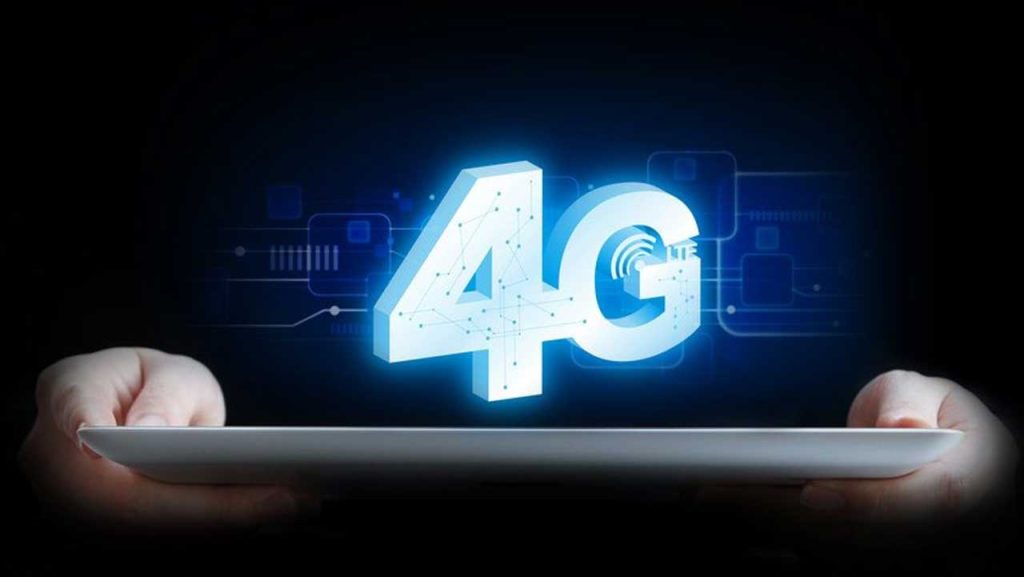
Nigerians are increasingly opting for the more affordable and stable 4G network over the newer 5G technology, despite its advanced capabilities. Although 5G offers ultra-fast internet speeds and low latency, it has not gained widespread adoption across the country due to several critical factors—chief among them being affordability, limited coverage, and low smartphone compatibility.
The 5G rollout in Nigeria, which began in 2022, was met with optimism, especially by tech-savvy users and urban residents. However, its growth has remained slow, largely confined to major cities like Lagos and Abuja. Most rural and suburban areas still lack the necessary infrastructure for 5G deployment, making the network inaccessible to a significant portion of the population.
Cost is a major deterrent. 5G-enabled smartphones remain expensive for the average Nigerian, whose income has been eroded by inflation and economic challenges. Additionally, 5G data plans are often pricier than their 4G counterparts, making them less attractive to price-sensitive consumers. For many, sticking with 4G offers a better balance between cost, availability, and performance.
Network stability is another critical factor. While 5G promises faster speeds, it requires dense infrastructure, including more base stations and signal boosters. In contrast, 4G networks are well established, more reliable, and better supported nationwide. Users report that 4G still meets most of their daily internet needs—streaming, browsing, and social media—without the added cost or technical issues sometimes associated with 5G.
Industry experts argue that the full benefits of 5G will only materialize when there is broader device penetration, reduced costs, and improved infrastructure. Until then, the average Nigerian remains more comfortable with 4G, which offers consistent service at a manageable price point.
While 5G holds great promise for future connectivity and digital innovation in Nigeria, its current limitations in cost, coverage, and accessibility have led many Nigerians to shun it in favor of the more practical and stable 4G network. This trend reflects the broader socioeconomic realities and digital priorities of Nigerian consumers today.
Leave a Reply